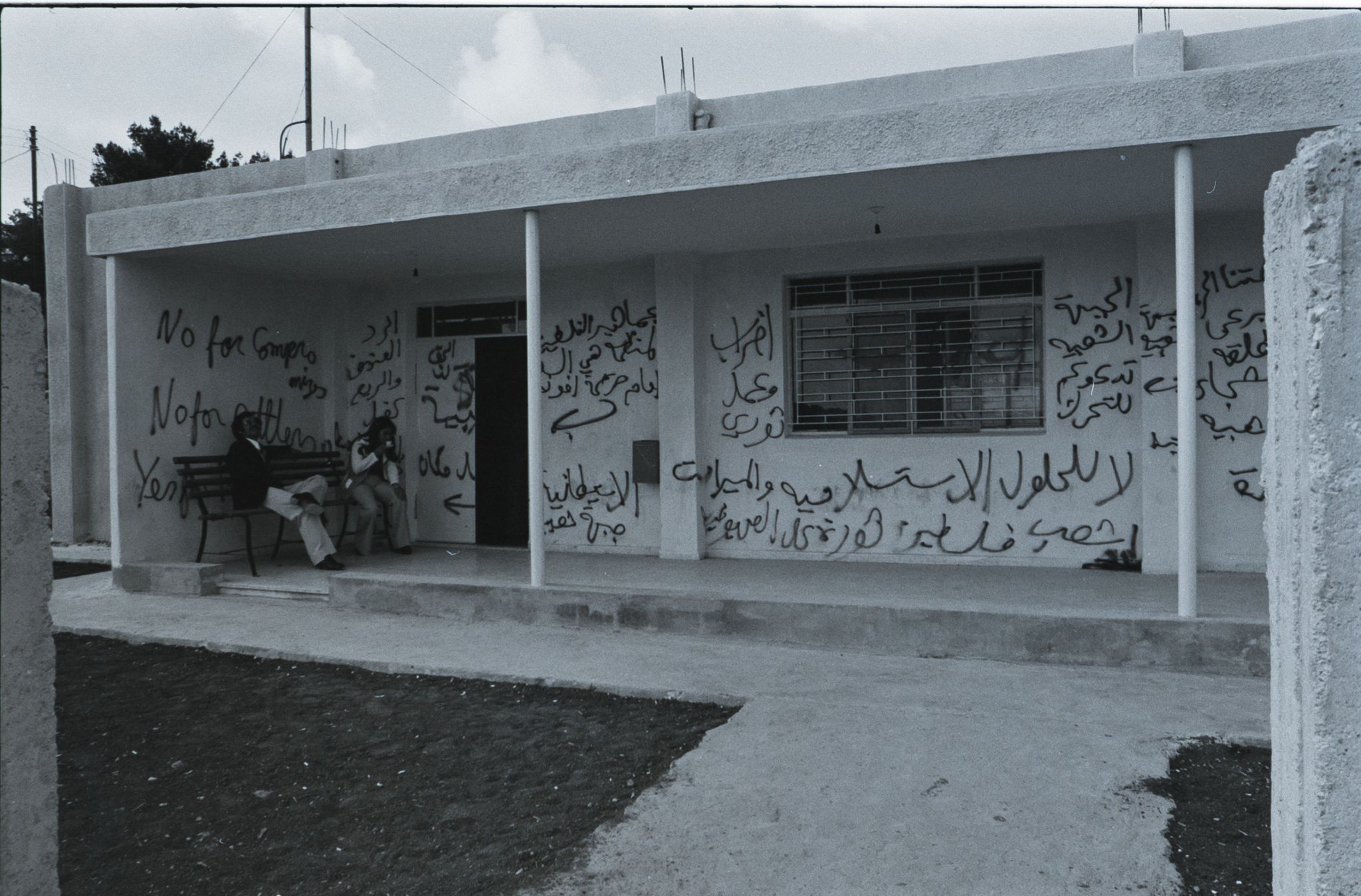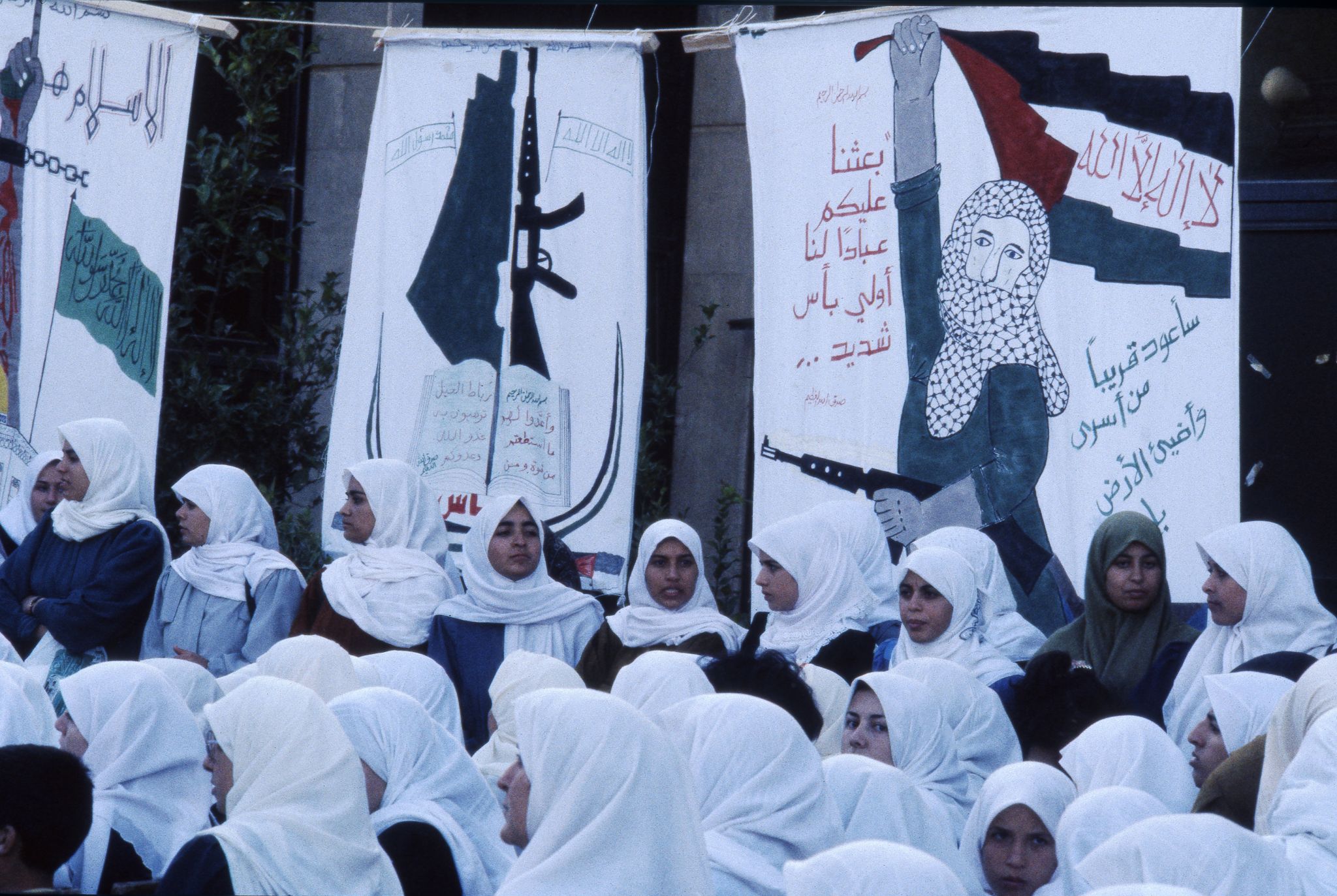As-salam alaikum. On Monday, December 9th, I got a text from a man in the Harara family, and the request says, “Would it be possible for you to offer a supplication for our family in the Friday prayer?” Usually on Fridays, I give a sermon in one of the local mosques in the Bay Area. He said, “We have lost a large number from our family members.” I said, “How many of them, so I may include them in the khutbah?” I thought it would be a few people. He responded with the text: “Twenty-five.”
May 9th, 2024, the same brother sends me a list. He says, “Could you remember my family that were lost in Gaza?” He said, “We lost ten today.” The same type of request comes from the Al-Qarra family, a number of whom have been my immediate students, and then the Al-Hijazi family. Between the two families right now, they account for 137 people lost — murdered — in the genocide. I could mention a number of other family members, including my immediate students, in the classroom where a student says, “I can't write my paper right now, I just lost my maternal uncle and his family. Can I get an extension on submitting a paper?”
What we’re dealing with today is a genocide that has been imposed on the Palestinians not since 1948 but since 1917. And we need to be able to write a history, a history that needs to not only recall Palestinians of the past two years, but the Palestinians that have continued to face structured dispossession, demonization, multiple transgenerational genocides, and continued erasure.
Now I want to say, thank you to the student movement. Thank you for your courage. Thank you for putting up with the multiple layers of complicity and co-production of genocide. You are on the correct side of history. The students in the free speech movement, in the anti-Vietnam War movement, the anti-apartheid movement, and the Central America solidarity movement[s] were demonized, arrested, harassed, and prevented from completing their degrees, [but] history remembered them. History books, cafes, murals, art exhibits remember them, but not the chancellors, the administrators, the chairman, the police, those who arrested them — they are in the dustbin of history.
In the 70s and 80s, the address of the student movement was Soweto and South Africa. Today, you and those who are in solidarity with you on campuses and in the community have written the address of Gaza as the central focal point of global history. Today, it’s Khan Yunis, Jabalia, Rafah, Gaza City that are the addresses of the global movement for justice, liberation, and resistance.
I say this while knowing that our opposition is watching and listening. I am facing seven lawsuits, a Senate investigation, constant FOIA (Freedom of Information) requests, all of this done on top of a 2017 spying operation on campus where Mossad spent $2.5 million dollars to spy on me and those promoting and working on BDS. I laugh at them, saying, “Being myself is a stimulus to the economy because so many people have to be hired.” All of this is an admission on their part that they have lost a debate and the only thing that is left for them is to muzzle and silence statements of truth and justice. Therefore, we need to continue to speak truth to power.

I will direct my last few words to what is taking place on campus. And these are six points that we need to remember. Gaza is a lived archive in the classroom. Don’t allow anyone on the university campus to say that talking about Gaza makes them feel uncomfortable. Genocide should make you feel uncomfortable. The whole campus climate was structured to erase Palestine and Palestinians. Gaza has to be narrated on the campus in the middle of a genocide.
Second, we have to commit ourselves as educators, as those on campus, and also as those in the community. I’m also critiquing Muslim Zionists. Muslim Zionists, don‘t tell me that God wants you to be silent in the middle of genocide. The essence of Islam is justice and the essence of Islam is to speak truth at the moment of genocide. We have to make sure in our pedagogy, the way we teach, that Gaza is present. We need to make the students speak their history, speak their feeling, speak their understanding. If the Al-Hijazi family had deaths in Gaza, you need to be able to speak about it on campus. The university should ask them: How do you feel? What can we do for you? Not bring in the police to monitor them.
I know some are going to report: Oh, he’s angry. I am angry at genocide. I’m angry at children being killed and nobody cares. I’m angry at the university, where all Palestinian universities have been destroyed, and they’re gaslighting us about somebody feeling that the keffiyeh is making them uncomfortable. Yes, I am angry for your silence, indifference, and lack of concern for Palestinians.
Third point, Gaza is an intellectual mirror for higher education. I always speak about the embedded intellectuals. We have so many embedded intellectuals at the university. They just want a bigger grant. They want to actually have importance. They want a new book of nothingness to be published so they will feel important in promoting the nothingness while they are embedded in power, day in and day out. We need to put the mirror to the university.
Fourth, we are carrying the emotional and ethical weight of the university. We are carrying the ethical and emotional weight of empire, and we need to remind them of this day in and day out.
Fifth, you have to ground your research and knowledge production in the moment. I know everybody wants to do research, so they want to move up from an important professor to a chair, from a Chair to a Vice Chancellor, Vice Chancellor to a Chancellor, to a person who knows nothing and says nothing. We cannot and should not engage our research other than making transformative change. This is the time for you to do so. Every university should have a Palestine studies program. Every university should engage in challenging anti-Palestinian racism. Every university should have an Islamophobia studies program. Don’t accept symbolic inclusion. What is symbolic inclusion? Let me tell you, you walk on campus and you see all pictures of women in hijab. You see pictures of Muhammad laughing, eating a falafel. You see pictures of people that are melanin-endowed, and you think that the university is actually engaged in inclusion. That is all symbolic inclusion. Symbolic inclusion is structural exclusion because you are not making the decisions.
I‘m going to talk a little bit to the Muslim students. In this current period, increasingly, the University discovered halal food and discovered wudu. So they're saying to the Muslim students, “We‘re going to give you a halal place in the university to eat a hamburger, the meat slaughtered by an Israeli company, maybe, or we're going to help you get a wudu station.” But they stay silent on Palestine. Don't get involved with these troublemakers that are not working on Palestine. Just make sure that you know the direction to Mecca that is coming from our friends who speak no truth, speak nothing whatsoever. Don’t allow the university’s responsibility to provide your halal food or a place for wudu and prayer to be substituted for silence on genocide. That is something that you need to be very clear about, no matter how upward mobility they can get you in places of importance they lack significance. Go out and make history by being persons that speak truth to power.
Sixth, the last thing I want to say is that Gaza should be the focal point on campus. My campus is Gaza. Encampments are Gaza. The library is Gaza. The research is Gaza, and we need to connect Gaza to every part of the struggle. Martin Luther King says, in his 1963 speech “The Three Evils of Society,” [that the evils] are militarism, materialism, and racism. This can be re-understood in relation to Gaza, as well as transnationally. The time is today for a free Palestine. The time is today to liberate the university. The time is today for decolonization.
Imagine and dream of a different new world, and go out and actualize it. Go out, dream and think and research and work for a new world, a different world, a just world, an inclusive world, and go out and make it. Students transformed history. The time is today to transform history. Free Palestine! Free Palestine! Free Palestine!
Hatem Bazian is a senior lecturer at UC Berkeley, co-founder of Zaytouna college, President of the Northern California Islamic Council, co-founder and national chair of American Muslims for Palestine, and chairman of the board of the Muslim Legal Fund for America. Bazian delivered this keynote address at the second annual People’s Conference for Palestine in Detroit, Michigan on Saturday, August 30, 2025. The transcript has been lightly edited for clarity. Watch the recording on YouTube.
The Disorientation Edition of The New York War Crimes, a collaboration with the editors of The Written Resistance, is out now. Read the editor’s note here.


